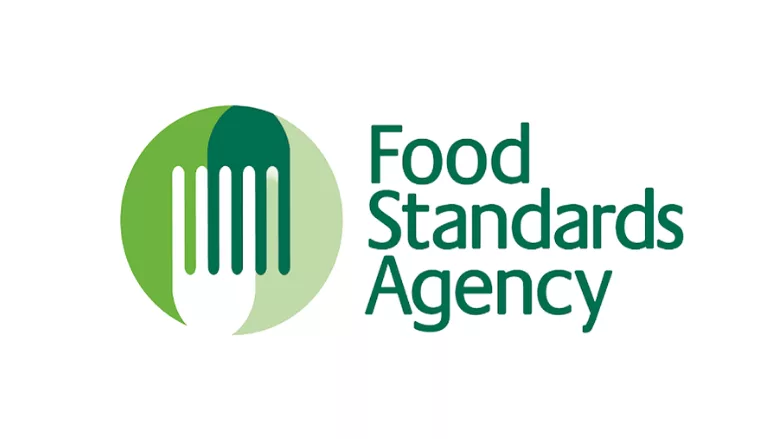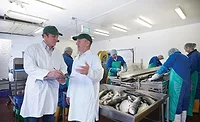UK Food Safety Authorities Delivered on COVID-19 Recovery Plan

Credit: The Food Standards Agency of the UK (FSA)
In June 2021 the Food Standards Agency (FSA) dispersed a COVID-19 Recovery Plan providing guidance to local food safety authorities in England, Wales, and Northern Ireland. Between April–July 2022, FSA audit teams assessed local authorities’ performance against the requirements of the Recovery Plan through assurance checks.
The Recovery Plan comprises two phases. Phase 1, which took place July 1–September 30, 2021, and Phase 2, which spans October 1, 2021–March 31, 2023. Phase 1 required authorities to undertake a prioritization exercise for interventions at new businesses and to start planning a suitable intervention program for the beginning of Phase 2.
Phase 2 set five milestones for authorities regarding onsite interventions at food businesses. The first milestone of Phase 2 required authorities to complete an onsite intervention at all businesses rated as risk category A for food hygiene by the end of March 2022, as well as interventions for all businesses rated risk category B for food hygiene and category A for food standards by the end of June 2022. Milestones 3 to 5 set out future requirements for onsite intervention by authorities, particularly concerning lower risk category businesses for food hygiene and food standards.
Additionally, during Phase 2, authorities were required to prioritize interventions at Category B and C rated premises if they were considered a priority for intervention due to the impact on the establishment of the new requirements on allergen labeling for products prepacked for direct sale.
Throughout Phase 1 and Phase 2, authorities were expected to deliver enforcement for non-compliances, manage food safety incidents and hazards, investigate complaints, conduct samplings, continue surveillance, register new businesses, implement intervention programs, and respond to Food Hygiene Rating Scheme (FHRS) -requested re-visits.
Assessments were conducted to evaluate the implementation of the Recovery Plan. Authorities were asked to submit information on their official food control activities via a questionnaire, and interviews were organized with local authority senior managers and lead officers. Key findings from the assurance assessments include:
- Authorities from different positions before implementing the Recovery Plan in terms of the impact that COVID-19 had on their service, the challenges faced during the recovery period, and the resources they had available
- Authorities in England were able to benefit from the additional COVID-19 funding made available by central government, which allowed them to retain front line staff and employ additional contractors
- Authorities within Wales were heavily affected by having key staff members seconded to the COVID-19 response and the fact that COVID-19 restrictions that were kept in place for longer than other parts of the UK
- District Councils in Northern Ireland had fully implemented the guidance, met and exceeded the milestones in the Recovery Plan at the time of the assessment during the pandemic
- Authorities demonstrated collaboration with other council teams and external public health teams, enforcement agencies, and emergency services, enabling them to share intelligence on local food businesses, which was used to plan interventions
- Authorities were able to demonstrate good progress implementing Phase 1 of the Recovery Plan, prioritizing new food businesses for a first inspection and planning their intervention program by taking a risk-based approach
- The majority of local authorities were able to show good progress towards meeting the Phase 2 milestones
- Most authorities adopted a risk-based approach to the delivery of their services using management information systems to help deliver the Recovery Plan
- Authorities ensured that the FHRS continued to be delivered throughout the UK
- The Recovery Plan was generally well received and understood by authorities, with some suggestions for improvements to the Recovery Plan, which have been shared with policy teams within FSA
- Areas for improvement were identified, including a greater focus by authorities on the reintroduction of risk-based internal monitoring to ensure the consistency and effectiveness of delivery of official controls, and the re-introduction of appropriate food sampling programs.
Looking for quick answers on food safety topics?
Try Ask FSM, our new smart AI search tool.
Ask FSM →








